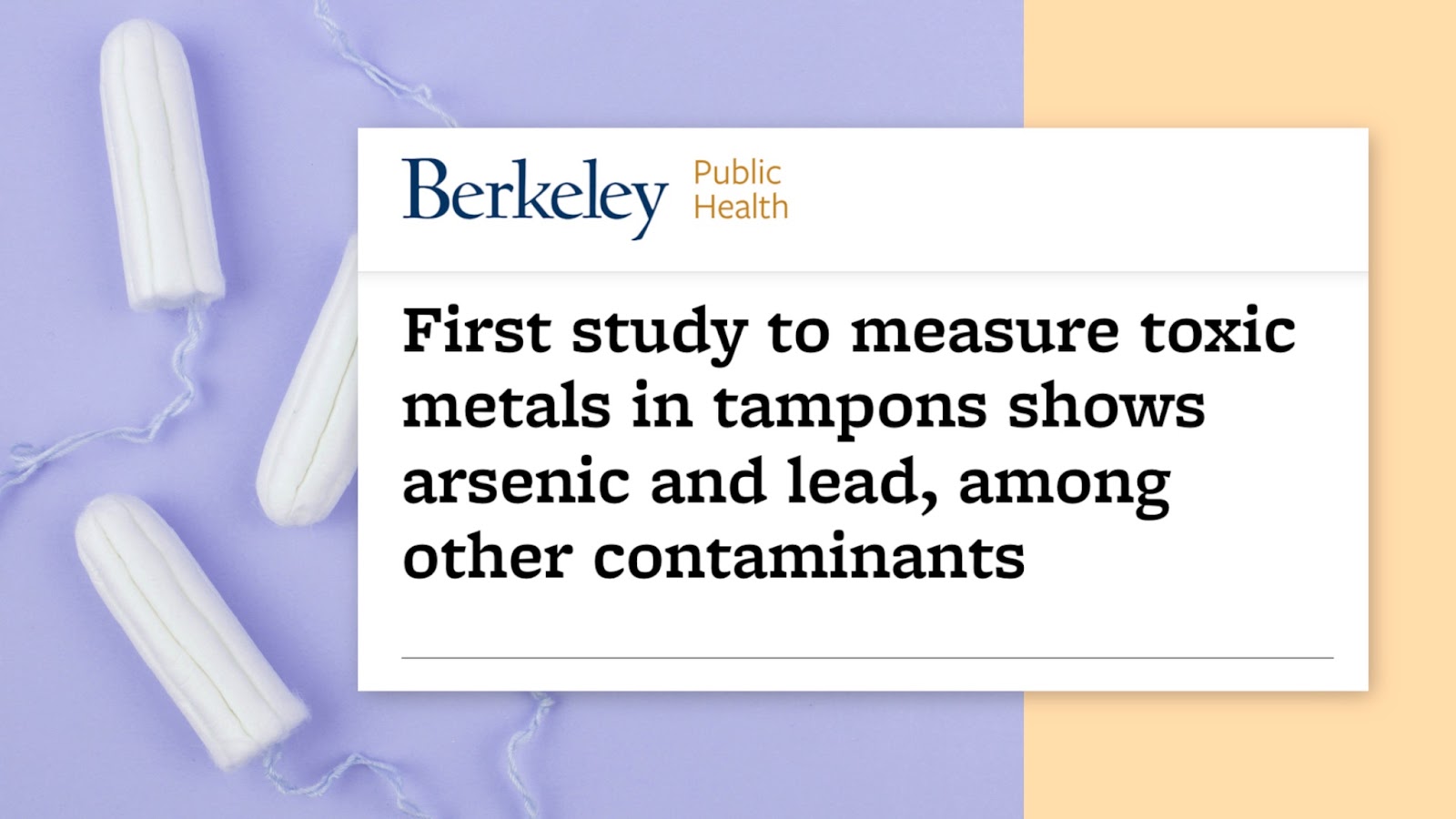Doctor Rich:
Welcome back to the Dr. Rich channel! Today, we’re talking about, “Am I pregnant?”
** Spoiler alert**
I’m not pregnant.
We’re actually talking about whether or not YOU’RE pregnant and how you can tell if it’s just a late period, pregnancy — or something else. And stick around to the end to find out what you need to know about polycystic ovarian syndrome (PCOS).
Don’t have time to read this post? Watch the video here instead!
So let’s talk about skipped periods and PCOS. Here’s a question from viewer Abhimanika regarding, “What if she’s seven days late for her period?”
So first of all, there are many reasons (other than being pregnant) that you could skip your period. So some of the most common reasons include polycystic ovarian syndrome, being on certain medicines like birth control pills, stress, very strenuous exercise, rapid weight loss, significant weight gain and obesity, and menopause.
The most common reason for a skipped or late period is going to be that there’s pregnancy. So you can do a simple at-home pregnancy test and rule that one out.
As far as the other causes, the body has a baseline — or a thermostat — that’s set for its metabolic function. It expects the hormones to function in a certain way — in a balanced way. And there’s a cycle of hormones that starts in your brain and then talks to the ovaries. And then there’s feedback.
Now, when this balance point gets offset, the body perceives that as maybe it’s not the best time to get pregnant (or an unsafe or an unhealthy time). An example of this would be rapid weight loss. Maybe the body says, “Hold on — pump the breaks! Let’s not have a period this month! It doesn’t seem like it’s healthy to get pregnant.” This can also happen with excesses of metabolic activity like endurance: athletes that burn a tremendous amount of calories will spontaneously stop having their periods. This happens because the body wants to preserve all of that metabolic function to preserve its own function — and not take on an additional “passenger” at that time.
So most of these can be lumped into the category of hypothalamic dysfunction. This means that the brain hormones that feed the ovary hormones aren’t balanced out. Your body says, “Uh, uh — not time to get pregnant!” and stops making the ovarian hormones that are needed to have your period every month.
Providers may not do the best job of educating around this, but there’s certain pills that are designed to cause you to skip periods — like injections or certain tiered birth control — where you get 90 days worth of pills per pack. Those will cause you to not have periods for three months in a row. Certain low-dose pills (or extended dose pills throughout the 28 days of the pill pack) have a common side effect of skipping your period. So certainly if you’re on a pill or some other type of contraceptive (like an implantable rod or an IUD or an injection), you want to talk to your provider to see if that would be an expected result for that type of contraception.
The last thing that I’m gonna spend a little bit of time on (because it comes up a lot) is something called polycystic ovarian syndrome — or PCOS for short. Now, many people have heard this term but don’t have a good understanding of what it really is.
So within the ovary, estrogen is made — and this is what we think of as a female hormone. But what most people don’t realize is that the female hormone started off as androgen or a male hormone, and it’s converted within the ovary into estrogen. So it goes from androgen to estrogen.
Now, there’s too much androgen in this condition called polycystic ovarian syndrome — so much so that it can’t all be converted into estrogen. When we have excess male hormone, it creates an environment where the eggs (or the ova) don’t grow and don’t mature. When you don’t have an egg to ovulate (when ovulation does not occur), then the body does not have this signal to have your period. This can cause you to go many months in a row without a period.
When there is no ovulation, the ovaries do not produce the second female hormone: progesterone. And that can result in one — or many — months without a period. That is the basic hormonal (or endocrine, or metabolic) reason that polycystic ovarian syndrome causes you to skip periods.
So what is the result of that, what are the effects on your health, and what are the things you need to be aware of?
Number one: uterine hyperplasia and uterine cancer. Suffice it to say that if you go many months without a period with too much estrogen and not enough balancing progesterone, you grow the thickness or the lining or the growth in your uterus. This can eventually turn into cancer. So if you’ve gone a year or more without a period and you’re not on birth control — you need to talk to your doctor to rule out anything bad (like hyperplasia or cancer).
Number two: infertility. The reason that you don’t have a period with polycystic ovarian syndrome is that you aren’t ovulating. If you don’t ovulate, you don’t have an egg. If you don’t have an egg, there’s nothing for the sperm to fertilize, nothing to implant, and then no way to become pregnant. Many women with polycystic ovarian syndrome will go months and months or even years without being able to get pregnant — this is why. Now, the good news is with weight loss and or medicines to cause your body to ovulate (that your doctor can give you), most often this problem can be overcome. Now, there are many other causes of infertility, and you would need to have that worked up in addition to the polycystic ovarian syndrome.
Number three: there is a lifetime increased risk of other conditions — like metabolic syndrome, hypertension, bad lipid profile, cardiovascular disease, insulin resistance, and diabetes. All these can be linked to polycystic ovarian syndrome and obesity. So these are things that need to be managed on a chronic condition early on to prevent any of these problems from developing.
So what are the symptoms of polycystic ovarian syndrome? Well, we talked about skipped periods, but you should also be looking out for signs of excess male hormone (or androgen) which could include hair growth and acne. Obesity is commonly associated with polycystic ovarian syndrome as well as certain skin changes, uh, specifically darkening of the skin on the neck, in skin folds under the breast.
So how do we make the diagnosis?
The diagnosis is simple. Number one: polycystic ovaries appearing on your ultrasound. Number two: excess androgen, hair growth, or abnormal testosterone on your lab test. And number three: skipped periods. If you have to have two of those three things, you have the diagnosis of polycystic ovarian syndrome. This is known as the Rotterdam criterium.
So how does your doctor make the diagnosis? A clinical exam, history, lab work, and ultrasound. With a combination of that evaluation that matches the criteria discussed, they can make the diagnosis.
But be aware — if this is not something that your doctor typically deals with, they can often miss the diagnosis. Also keep in mind, there are many other causes for infertility. There are many other causes for acne and hirsutism. There are many other causes for skipped periods and obesity, but when we see that combination of symptoms together, it does often point to PCOS.
So if you have a skipped period and you’re not pregnant, these are likely diagnoses with polycystic ovarian syndrome being a common cause. This is your five-minute primer.
Hopefully, you found this helpful! If you have any other questions, drop them in the comment section of the video, and please remember to subscribe.




